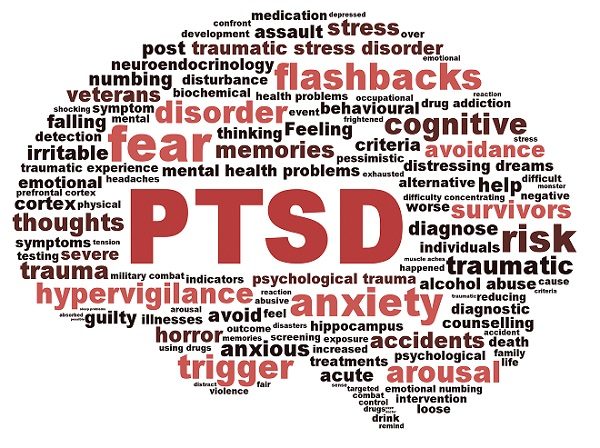Addressing Firefighter PTSD in the Normal Course of Service
Post-traumatic stress disorder among surviving firefighters was a much publicized topic in the months and years after the September 11 terrorist attacks. Many FDNY firefighters, who felt the shock, grief, and emotional devastation of losing 343 of their own to a single event, developed acute and persistent symptoms of PTSD. Now, more than 15 years after the attacks, we have a better understanding of how PTSD affects first responders. It doesn’t take a large-scale disaster to induce PTSD in a firefighter who has faced a harrowing episode where great peril or actual death has occurred. Today, we are much more aware how the emergencies firefighters routinely face can give rise to PTSD symptoms.
Writing for Fire Engineering, Mark Lamplugh lists risk factors for firefighter PTSD, according to research by Dr. Matthew Tull. Firefighters at greater risk for PTSD typically:
- Begin a fire service career at a young age
- Have underlying mental health issues
- Were in close proximity to death
- Hold a supervisory position
- Experience multiple traumatic events in close proximity
- Are unmarried
- Were previously in treatment for another disorder
However, a firefighter can suffer from PTSD without any of these factors being operative. Symptoms include:
- Reliving the traumatic event through nightmares or flashbacks
- Avoiding people, places, circumstances, thoughts, and discussions that trigger memories of the event
- Negative thoughts and feelings
- Agitation, irritability, and a short temper, often connected to problems sleeping or concentrating
Firefighters who experience these symptoms will have immense difficulty performing their job-related duties and may also suffer greatly in their private life. But Lamplugh cites experts who stress that healing is possible: “Firefighters suffering from PTSD who receive proper intervention can recover fully and lead productive lives and have successful careers.” Unfortunately, without intervention at the firehouse and departmental level, many firefighters “will live with the symptoms of PTSD, attempting to cope using destructive behavior. PTSD symptoms may even force some firefighters into retirement.” Lamplugh’s article suggests that a military protocol known as an After Action Review can be adapted for firefighters and used to identify those who could benefit from treatment for trauma.
As advocates for injured firefighters, we at Barasch & McGarry urge individual firefighters to seek treatment when symptoms appear. We also urge the FDNY and other departments throughout New York State to adapt proactive measures to identify at-risk firefighters and refer them to treatment on a timely basis.
Barasch & McGarry represents injured firefighters, police, EMTs and civilians in a variety of personal injury cases. Call us today at [ln::phone] or contact us online to schedule a free consultation.


2 replies on “Addressing Firefighter PTSD in the Normal Course of Service”
I apreciate you mentioning me in your blog posr regarding firefighter PTSD. I welcome a call if youever need me to help a first responder get into a treatment program. I run a peer support model program in Eatontown, NJ.
Mark Lamplugh
561-762-9729
mark@360wellness.org
http://www.frontlinerehab.com
I am a Retired Firefighter (E157). I am out on 3/4 Disability with PTSD. I was just at the FDNY Medical office for a WTC Health Checkup.
They said I have GERD as well.
Going for an Endoscopy and Colonoscopy in the near future.
My Auestion to you is ” Am I entitled to any Compensation from the VCF for PTSD yet?
And ” Should I put in a claim for the GERD?
Retired 11/20/2010